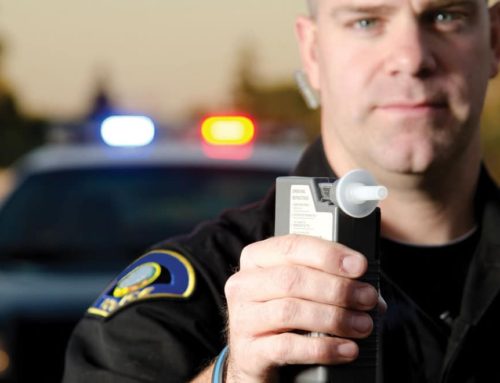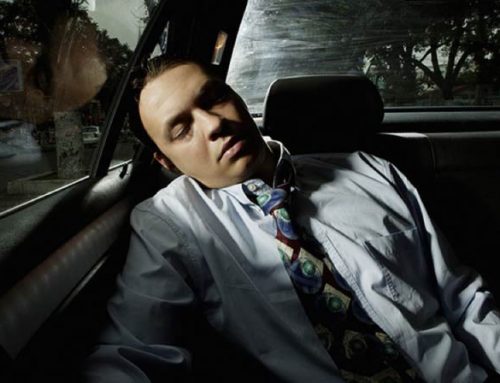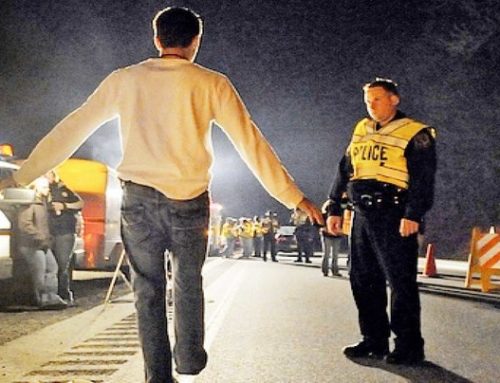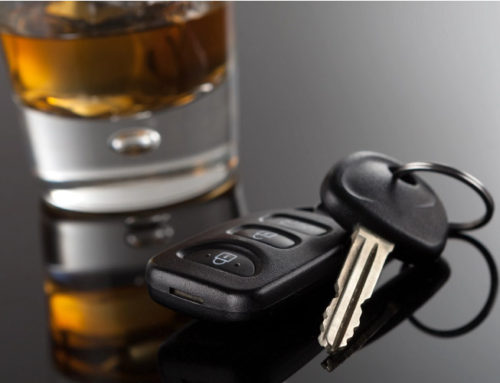Can the Results of a Breathalyzer be Challenged?
When a person is stopped for suspected drunk driving, an officer may administer a breathalyzer test to check for intoxication. A breathalyzer is a device that analyzes a driver’s breath to determine the amount of alcohol present in it.
This can help discern if motorists are over the legal alcohol consumption limit while driving and whether they can be charged with driving under the influence. Breathalyzer accuracy may not be as reliable as a blood sample, but it can get a general estimate of the blood alcohol content (“BAC”) via the breath sample. Breathalyzers do not directly measure BAC, so a blood sample may still be necessary.
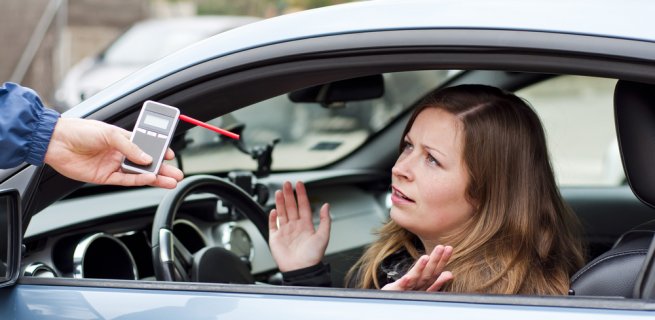
“Breathalyzer” is actually the brand name of the original breath test instrument that was manufactured first by Smith and Wesson and later by National Draeger. However, the breathalyzer is now a generic term commonly used to identify all such instruments.
Common Challenges to Breathalyzer Test Results
In order to calculate the BAC from exhaled air, the breathalyzer device multiplies the amount in the air by the number 2,100. They call this number a “partition coefficient” or “partition ratio.” The number 2,100 is typically used because the average person exhales from their lungs about 1/2100th of the alcohol amount that is currently in the blood.
This figure is speculative at best since the actual amount varies widely over time and from person to person. It also is subject to change due to respiration rate and body temperature.
Therefore, the results of a breathalyzer test can sometimes be completely inaccurate.
Sometimes, alcohol-containing substances in a person’s mouth can give off a falsely high reading. This is because the substance’s proximity to the instrument can cause it to give off a stronger reading than what is coming from the lungs.
This can also happen with some toothache medicines, mouthwash, or even from burping or vomiting just prior to taking the test. Police are actually supposed to watch a subject for approximately 20 minutes before giving the test to ensure that he or she does not regurgitate, belch, or put anything in their mouth that may give a false result.
Most frequently, the issue with breathalyzer accuracy is that the device is not in proper working order. Breathalyzers must be calibrated regularly and receive all required maintenance to ensure that they deliver sufficient and accurate results every time they are used.
If the machine is improperly maintained and not calibrated as often as recommended, it can produce unreliable test results that can be called into question in court.
Must a Breathalyzer Be Properly Calibrated?
The answer is most definitely, yes. There are some other basic guidelines that states follow to ensure that the device’s results will hold up in court. They are as follows:
- The breathalyzer needs to be on a list of acceptable devices.
- The breathalyzer needs to be checked for accuracy at specific intervals and maintained properly.
- The officer administering the test must be certified in the use of a breathalyzer and do so in accordance with his or her breathalyzer training.
- The test must consistently give two readings or more that are within .02 percent of each other.
How Can You Demonstrate That a Breathalyzer Was Inaccurate?
If a defense attorney can show that officers didn’t obey all applicable calibration procedures, the court can determine that breathalyzer results are inadmissible as evidence. This is also considered if the breathalyzer in question can be shown to give erroneous readings consistently. Of course, the prosecution will likely argue against this happening.
The route to getting evidence deemed inadmissible is via subpoenaing the maintenance and calibration records. Then, attorneys must be able to prove that the instrument was not tuned to provide accurate results every time. At that point, it is the prosecution’s burden to prove that the defendant was intoxicated using a different type of evidence, such as poor performance on field sobriety tests. The final decision rests with the presiding judge.
Get Help From one of our experienced DWI Attorneys
Challenging a breathalyzer report is complicated even for lawyers. Our lawyers are trained and experienced in handling breathalyzer test cases and can help you attack it the correct way. This article is intended to be helpful and informative but it would take 100 pages of information to cover completely the intricacies in challenging a breathalyzer test case.
Call our attorneys today and we can sit down and answer whatever questions you may have in more detail. Call the DWI Defense Legal Group today at 603-669-1738.

